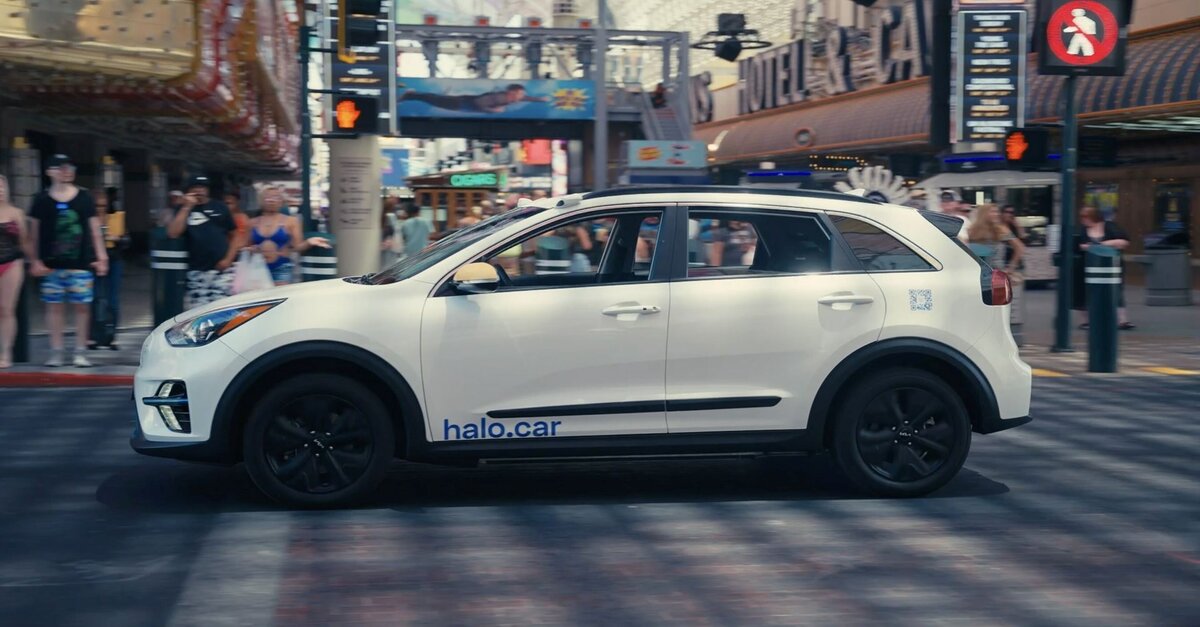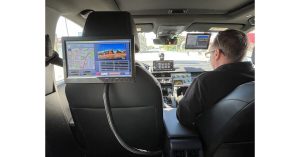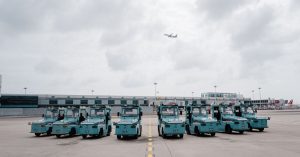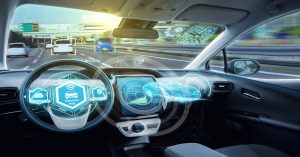Halo. Car, a prominent US-based provider of on-demand electric vehicles (EVs), has made a significant announcement regarding the elimination of safety drivers from its remote-piloted vehicles operating in Las Vegas. This remarkable achievement follows an extensive four-year testing period, during which safety drivers were present inside the vehicles while being remotely controlled by Halo. Car’s team.
In order to enable remote driving capabilities, Halo. Car retrofits its entire fleet of electric vehicles with an array of advanced components. These include cameras, modems, antennas, and other custom-developed technologies. By integrating these innovative systems, the company empowers trained “remote pilots” at its operations center to remotely drive the vehicles using live video and sensor data streamed from the cars.
Upon completing a remote delivery, the remote pilot seamlessly hands over control of the vehicle to the customer, facilitating a convenient and hassle-free experience. Simultaneously, they connect to the next vehicle awaiting remote delivery or collection, ensuring a smooth and continuous operation. The vehicles rely on T-Mobile’s 5G network for remote piloting, with the additional support of AT&T and Verizon to enhance stability.
Halo. The car initially commenced its operations by providing remote-delivered vehicles with safety drivers to customers in 2022. With the introduction of driverless deliveries, the company is taking a significant leap toward achieving its ultimate goal of offering ubiquitous on-demand car-sharing services. The vision is to make it incredibly easy for individuals to access a vehicle whenever they need it, eliminating the necessity of car ownership or dependence on rideshare services. By embracing driverless delivery, Halo.Car aims to make this transformative vision economically viable and accessible to a wide range of users.
Anand Nandakumar, the CEO and Founder of Halo.Car, expressed his enthusiasm regarding the milestone, highlighting its importance for the company’s growth and future plans. He emphasized that the successful transition to driverless deliveries not only showcases the innovation behind their remote-piloting technology but also demonstrates its commercial viability and readiness for large-scale deployment.
Looking ahead, Halo. Car has ambitious plans to expand its fleet in Las Vegas, aiming to operate hundreds of vehicles in the city. This expansion will serve as a pivotal stepping stone before venturing into additional cities in 2024. With their commitment to innovation and the successful implementation of driverless deliveries, Halo.Car is poised to revolutionize the carsharing industry by offering a seamless and convenient on-demand transportation experience.







